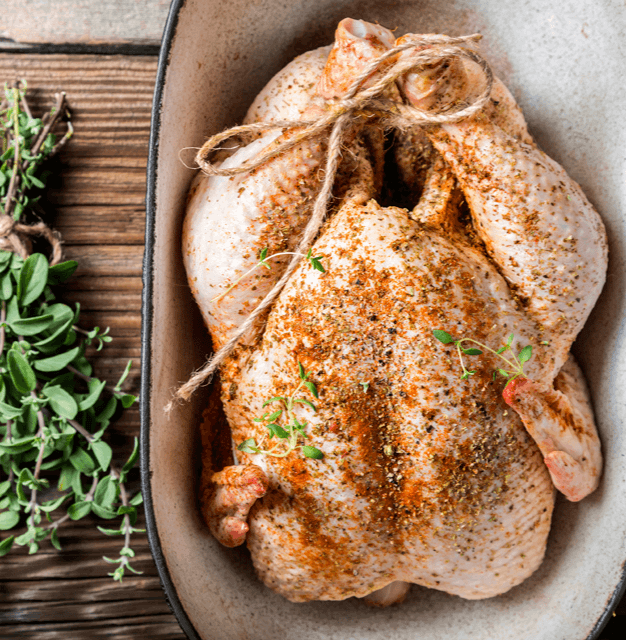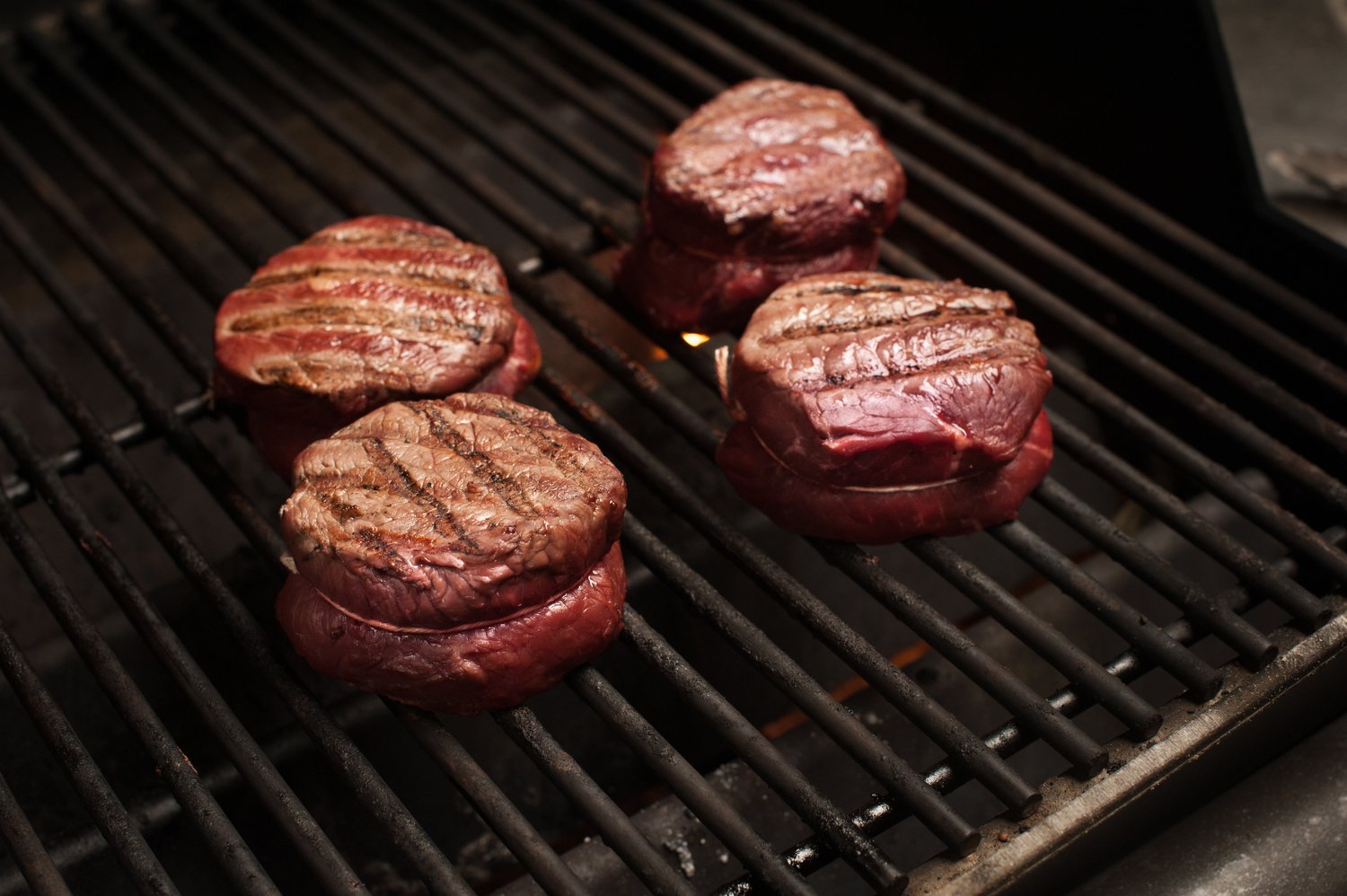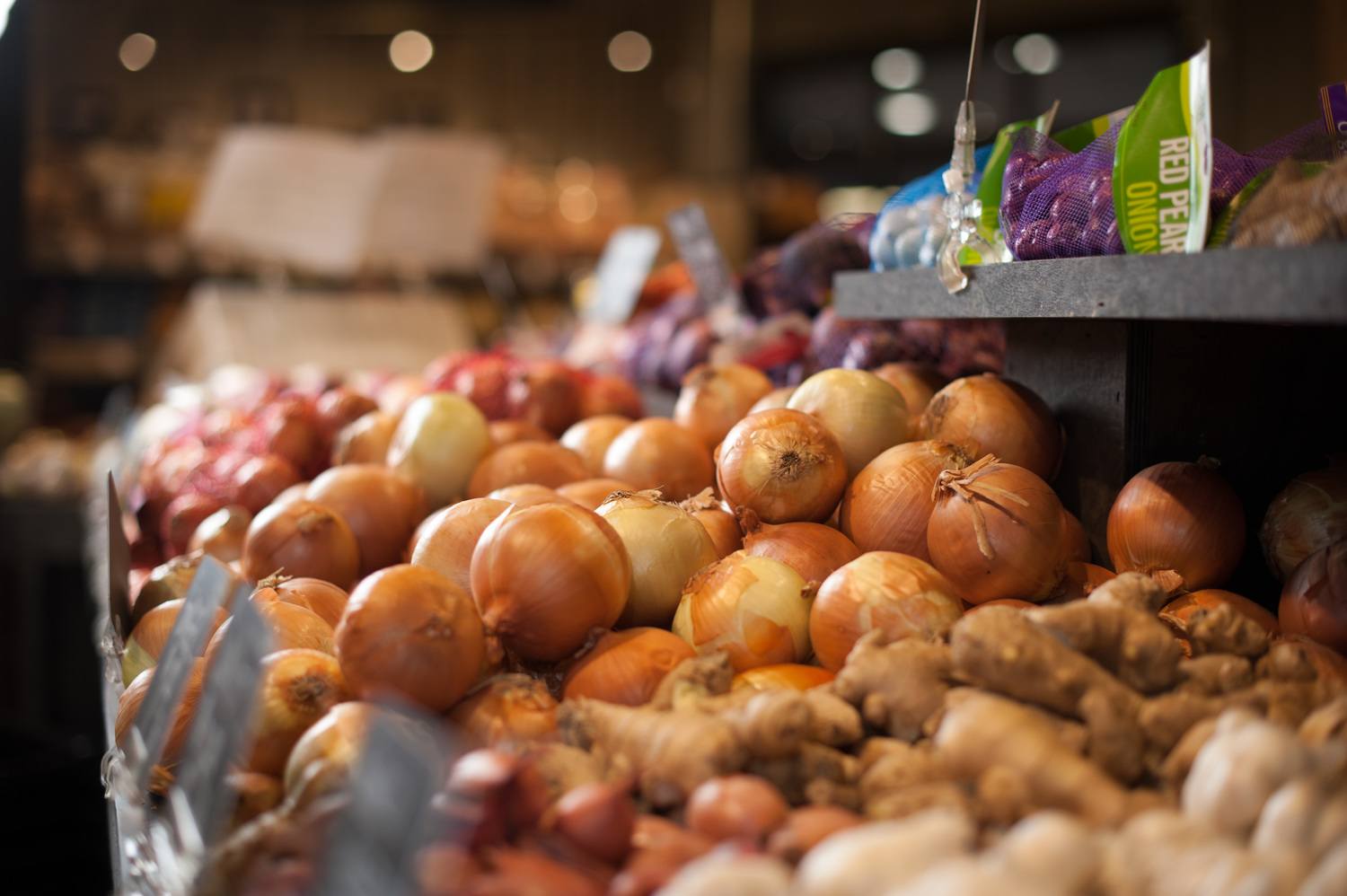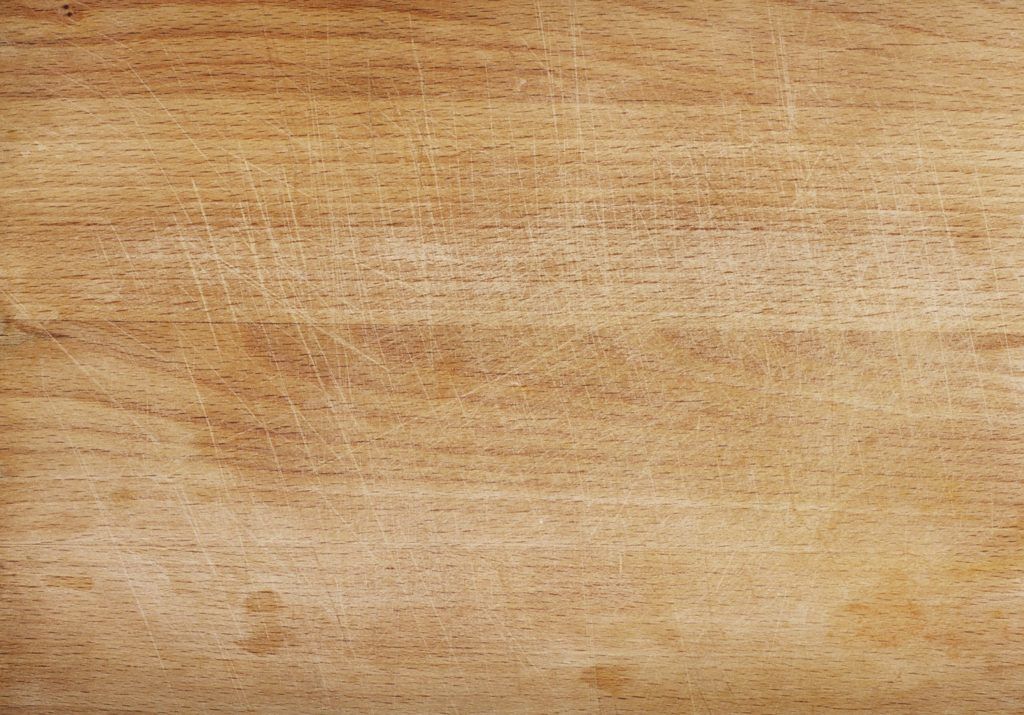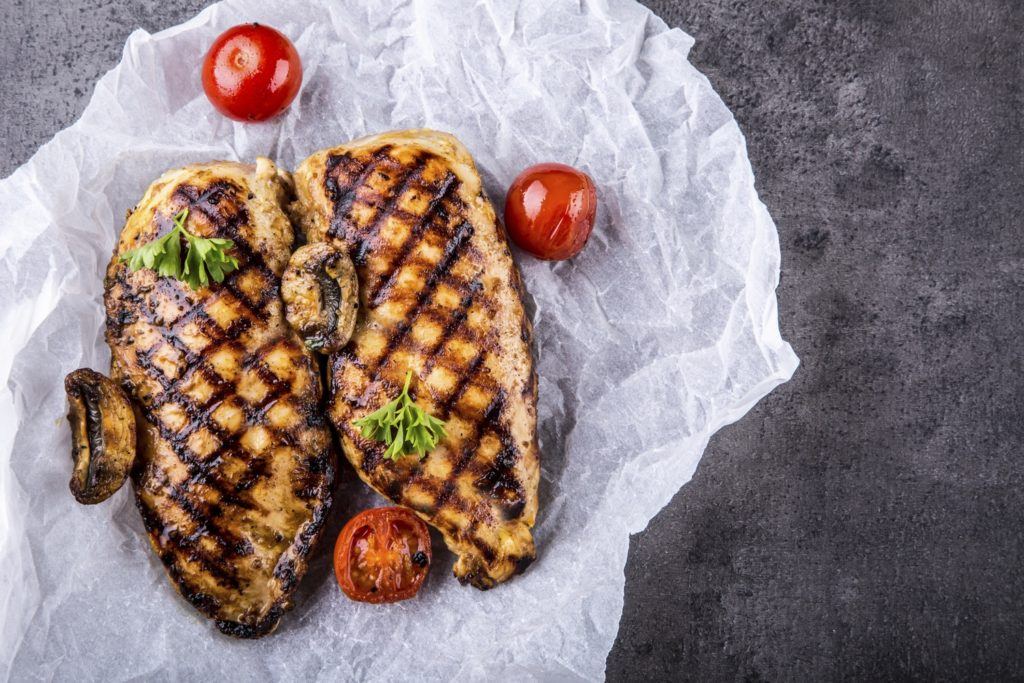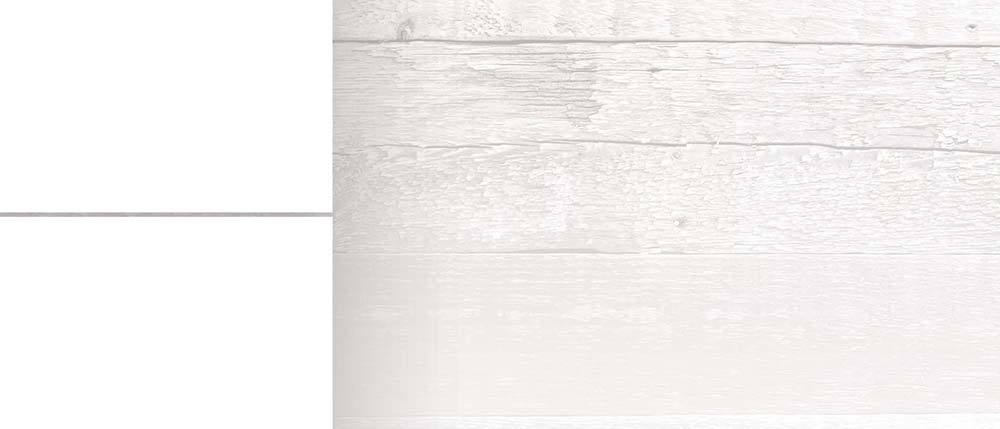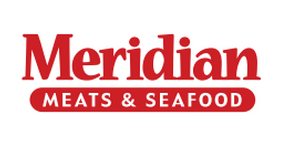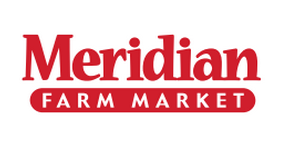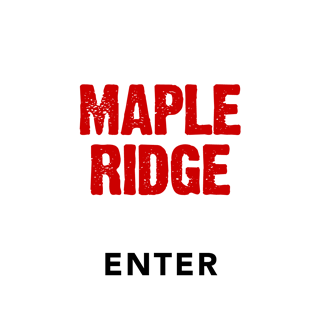Learn the pros & cons of each style of cutting board – wood, bamboo, plastic, even glass
Cutting Board 101
A kitchen would just not be a kitchen without a cutting board. In fact, the cutting board has become a main tool of our kitchens as it provides us a safe place for food preparation and cutting. In today’s kitchens you will find all kinds of cutting boards varying in size, shape and material. It’s up to you to decide which of them would be the best choice for your kitchen.
In the beginning most all cutting boards were made from hardwoods, like the butchers block would see in your local market. But in today’s kitchens cuttings boards are made of many different materials each one having their own advantages and disadvantages.
Wood
Wood has always been the overall best choice for your cutting boards. Wooden boards are made a couple of ways, end grain boards are thicker heavy duty boards made for heavy chopping and edge grain boards are thinner and lighter for everyday use. Wooden boards also come in many different patterns and wood spices, Maple, Black Walnut, Black Cherry, Sapele and the list goes on. The different patterns and wood spices are a personal and décor choice for you to choose, what looks best in your kitchen. But if you are the professional chef that uses your board every day under heavy use an end grain maple board will be your best choice. Also any end grain board will be easier on your knifes edges. Some disadvantages of wooden boards, they do require hand cleaning and sanitizing “no dishwashers” then treating with cutting board oil. If cared for properly they will last a very long time. The bottom line is wood is safe, simple and looks great.
Plastic
Plasticcutting boards are generally the most affordable and you can find them in a large variety of different designs, sizes and colors. The plastic boards also come thick or thin, hard or flexible. The flexible ones are great for transferring food into pots and containers and they are also easy to store. The downside to the flexible ones is the fact that they will not last as long as the thicker boards. This is because sharp knives will eventually cut through the thin material. The hard thicker plastic boards are very durable. Plastic boards are thought of as being the safest board to use as they are easy to sanitize and clean. But just because they are plastic doesn’t mean you don’t have to sanitize, these boards can harbor bacteria in the cuts on the board therefore needing to be sanitized. Plastic boards do have the capabilities of being put into a dishwasher as long as they fit.
Glass
Glassboards are another popular type of board that can be found in many kitchens. These glass boards come in a variety of shapes and colors in order to suit your kitchens décor. They are also resistant to heat, very durable, easy to clean and they are very sanitary. However, glass boards will dull the edges of your knives very quickly and can even damage them. These boards also pose a danger as they can become very slippery during use creating a cutting hazard to you. They are also very heavy and more expensive than wooden cutting boards.
Bamboo
Bamboo is also a well known cutting board that is actually grass. They have become popular in kitchens today because of their inexpensive cost. The best feature of these boards is that they take it easy on the edges of your knife but they do scar, but you can sand them down in order to create a smooth surface. You will find that they can easily catch bacteria growth in the cuts, so you need to make sure you sanitize them each time you use them. One big disadvantage the vast majority of these boards come from China and there has been a lot of controversy over the resin holding these boards together is it safe or not?
It is recommended to have two or more cutting boards of any type to avoid cross-contamination. This means that you will have one for your meats and the others for your fruits, vegetables and breads. This will also make you more productive; since you want have to wash the cutting board thoroughly between items. If you’re having a hard time deciding on your cutting board choice just remember to select the largest size that will fit in your work area, but it should also fit into your sink for easy cleaning. Color, design and how will I use the board should also be part of your decision. You can never go wrong with a well made wood cutting board.

